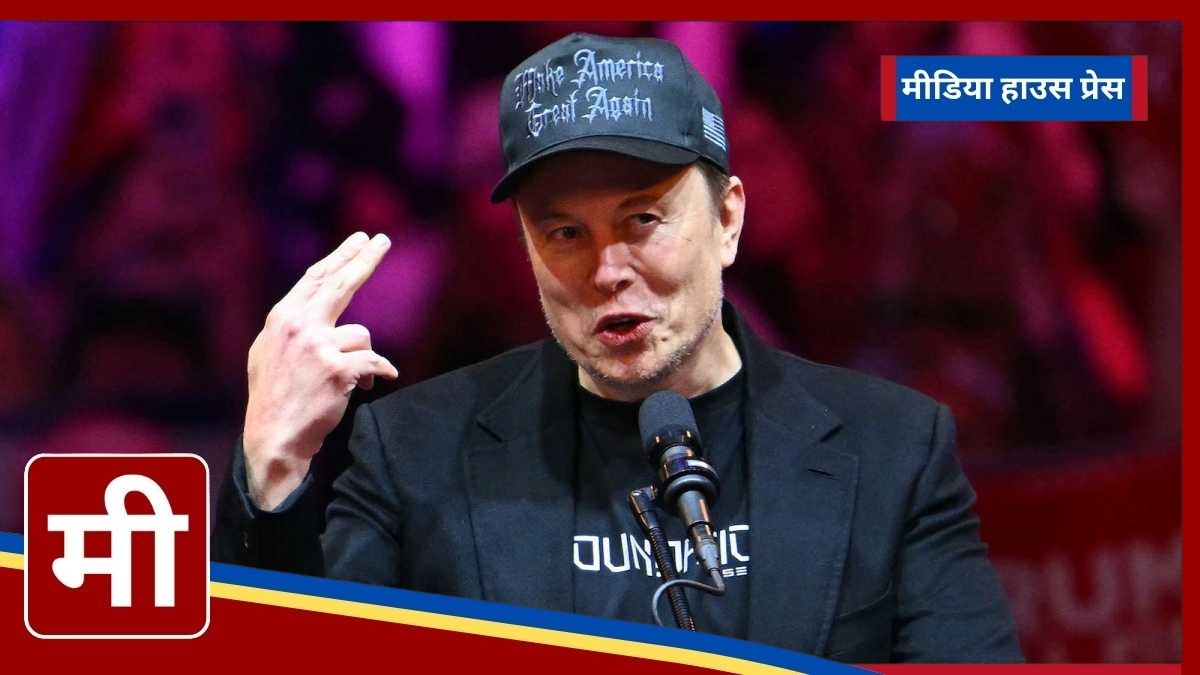Musk has taken his support a step further by initiating a controversial daily giveaway, offering $1 million to registered voters in key battleground states. This initiative has sparked legal scrutiny, with Philadelphia District Attorney Larry Krasner filing a lawsuit against Musk for allegedly conducting an illegal lottery. To enter this lottery, participants must sign a petition circulated by Musk’s America PAC, pledging their support for the First and Second Amendments. Only registered voters from seven major states are eligible to participate.
Musk’s legal team has countered the allegations, seeking to move the case to federal court while continuing the lottery. His alignment with Trump extends beyond campaign support; Musk shares common ground with Trump on various issues, including regulatory concerns and immigration policies. The implications of the upcoming election are significant, not only for Musk’s political ambitions but also for his companies, Tesla and SpaceX, which engage in substantial business with the U.S. government.
Billions at Stake in Government Contracts
Musk’s companies are heavily intertwined with federal contracts, receiving billions from government deals. Richard Pierce, a law professor at George Washington University specializing in government regulation, highlighted that the President has considerable discretion regarding government contracts, which can significantly impact Musk’s business operations. SpaceX, for example, counts NASA as a key client, recently awarded $843 million to develop a vehicle for decommissioning the International Space Station. Additionally, the U.S. Space Force has awarded SpaceX over $700 million to support future launches.
Tesla, too, has secured lucrative contracts from various agencies, including the Department of Defense and the Department of Transportation. Overall, SpaceX and Tesla have garnered at least $15.4 billion in government contracts over the past decade, underscoring Musk’s financial ties to federal spending.
Navigating Federal Regulations
As Musk’s companies face multiple investigations and regulatory scrutiny, the upcoming election could shape their future. The National Highway Traffic Safety Administration (NHTSA) has launched several investigations into Tesla’s self-driving technology, raising concerns about safety. Recently, the NHTSA announced a new probe into the system’s ability to navigate conditions with low road visibility.
Moreover, SpaceX is embroiled in legal disputes with the National Labor Relations Board (NLRB) over alleged wrongful terminations of employees who criticized management. The company has even sued the NLRB, claiming that proceedings against it violate constitutional rights.
Pierce noted that federal agencies, operating under the directives of the current President, have substantial control over regulatory enforcement, making the election’s outcome particularly crucial for Musk’s businesses.
Financial Incentives in Play
Should Trump win the election, Musk could benefit significantly from potential tax breaks. Trump’s proposed plans could see Musk appointed as the head of a new “Government Efficiency Commission.” Given Musk’s substantial government contracts, he may be required to divest some of his holdings, yet he could also take advantage of Section 1043 of the federal tax code, which allows individuals to sell assets without incurring capital gains taxes when joining the federal government.
If appointed, Musk could become one of the wealthiest individuals to utilize this tax provision, with significant potential savings that could amount to billions. However, experts like Edward McCaffery, a professor of law focusing on tax policy, speculate whether Musk would be willing to relinquish control over his companies, which he has steered toward unprecedented growth.
Musk’s ambitious support for Trump reflects his broader strategy as he navigates the complexities of federal contracts, regulations, and the political landscape leading up to the 2024 elections. The interplay between Musk’s political endeavors and his corporate interests illustrates the high stakes at play in this unfolding narrative.
